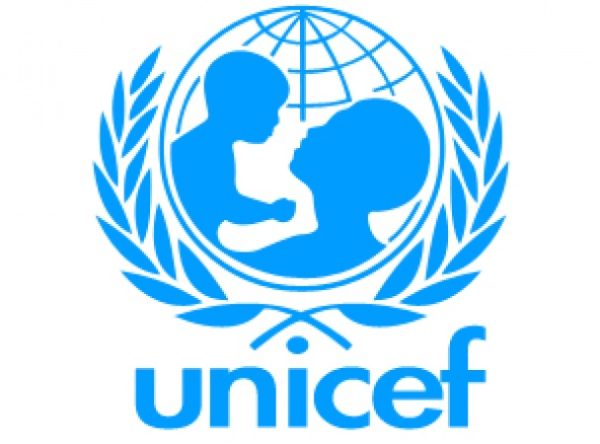The Philippines is experiencing measles outbreaks in the southern region, Whooping cough outbreaks in parts of Luzon and Visayas in the central region.
The United Nations Children’s Fund (UNICEF) said that nearly 70 percent of the country’s provinces and cities are at high risk of polio.
“All three are highly infectious diseases for children,” the U.N. agency said in a recent press release on Thursday.
The agency said the Bangsamoro Autonomous Region in Muslim Mindanao had already reported more than 500 measles cases before April 1, when a campaign named Measles Outbreak Response Immunisation started in response to the outbreak of measles in mid-March.
“This number is already half of the cases reported for almost the entire 2023 and could be much higher, troubling for a region with great aspirations for its children and future,” the agency added.
In spite of the immunisation campaign, some health workers received vaccine refusals and deferrals during the measles campaign due to misconceptions and vaccine fatigue.
The agency said that beyond controlling the measles outbreak, routine vaccines for children, such as polio and diphtheria, must be administered to achieve herd immunity and improve the prospects of the Bangsamoro people.
ALSO READ: Over half of world at risk of mosquito-borne diseases
The Bangsamoro region has the lowest health, nutrition, education, and other well-being indicators compared to other parts of the Philippines.
The World Health Organisation data shows that nearly 900 children in the Philippines died of measles in the last five years.
To support the fight against measles and pertussis outbreaks, UNICEF is supporting the emergency procurement of two million doses of measles vaccines.
One million measles vaccines will arrive in the coming weeks, with a million more expected in the coming months.
To end vaccine-preventable diseases among children, UNICEF calls on the government to address supply and demand challenges.
While, it stresses on need to strengthen the social preparation of communities before any immunisation campaigns, improve social listening, and intensify the engagement of community influencers.
(Xinhua/NAN)


